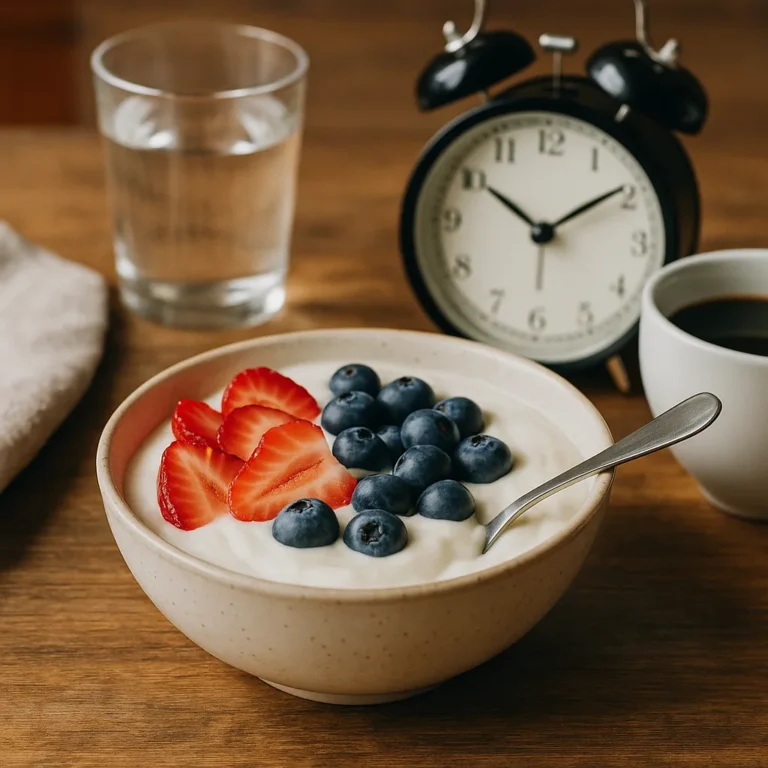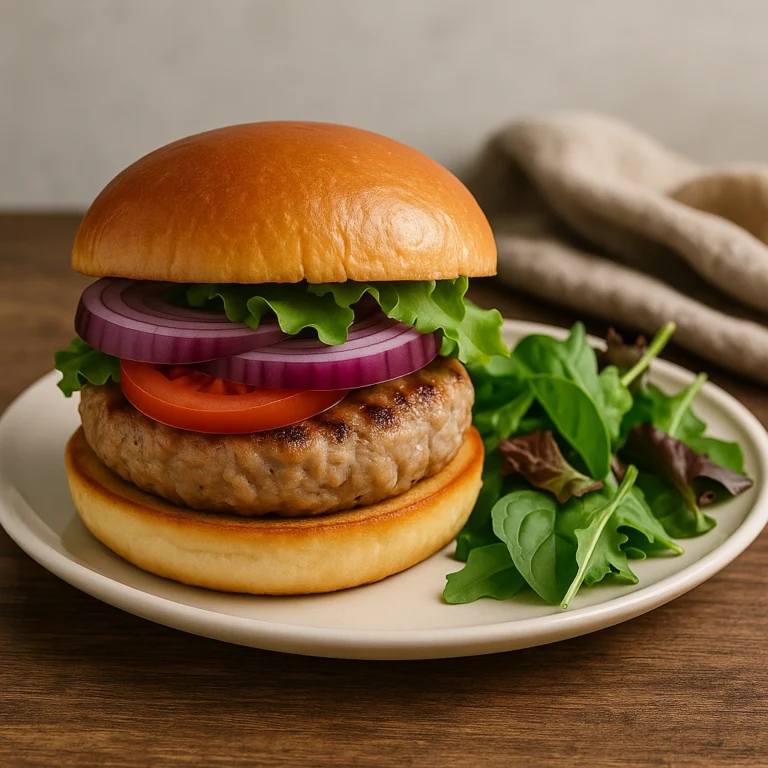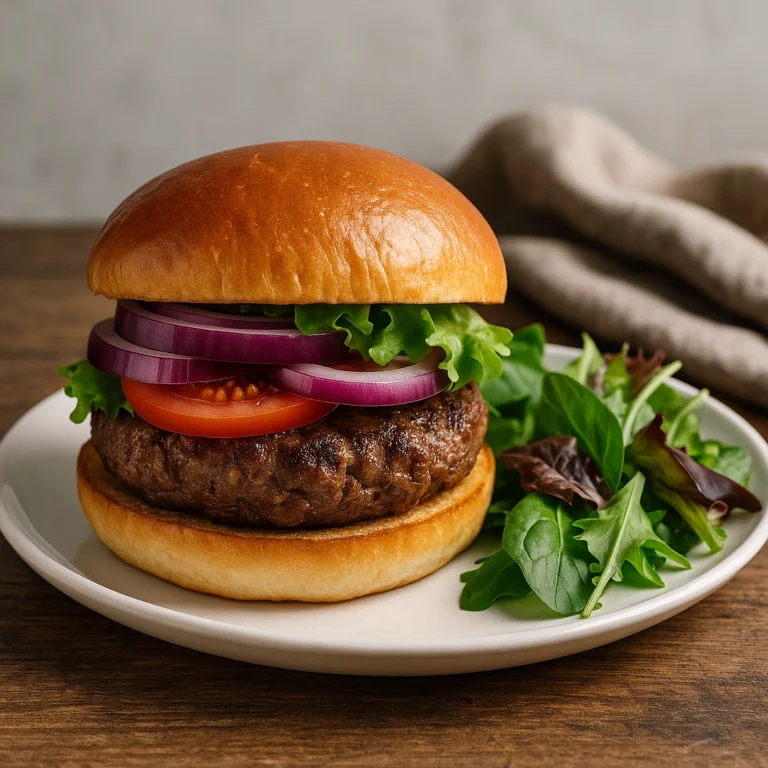Best Diet for Women Over 40 for Weight Loss: A Smart and Sustainable Approach
As women enter their 40s, weight loss can become more challenging due to shifts in hormones, metabolism, and muscle mass. What worked in your 20s might no longer be effective — and that’s perfectly normal. The key is finding a diet that supports your changing body while promoting long-term wellness. Let’s explore the best diet for women over 40 for weight loss — one that goes beyond calorie counting to prioritize health, energy, and balance.
Why Weight Loss Gets Harder After 40
Hormonal changes, particularly a decrease in estrogen, can slow metabolism and increase fat storage around the abdomen. Muscle mass tends to decline as well, which further reduces calorie burn at rest. At the same time, life stress, busy routines, and sleep disruptions can impact eating habits and digestion. That’s why diets focused only on cutting calories often backfire.
A better approach focuses on quality nutrition, hormone balance, and maintaining lean muscle, not just the number on the scale.
Core Principles of an Effective Over-40 Diet
A successful weight loss plan for women over 40 should be sustainable, nourishing, and supportive of the body’s evolving needs. Here are the key components:
1. Prioritize Protein with Every Meal
Protein supports muscle mass, improves satiety, and helps regulate hormones. Aim to include a high-quality protein source like lean meats, fish, eggs, Greek yogurt, tofu, or legumes at every meal.
2. Emphasize Fiber-Rich Whole Foods
Fiber keeps you full longer, supports digestion, and helps regulate blood sugar. Opt for leafy greens, berries, lentils, oats, quinoa, and sweet potatoes. Avoid ultra-processed carbs that spike insulin and leave you hungry again.
3. Incorporate Healthy Fats
Don’t fear fat — it’s essential for hormone production and satiety. Avocados, nuts, seeds, olive oil, and fatty fish are smart additions. Just keep portions balanced.
4. Cut Back on Sugar and Processed Foods
Refined sugar can increase inflammation, trigger cravings, and contribute to fat gain, especially in the midsection. Limit sugary drinks, packaged snacks, and baked goods. Instead, satisfy sweet cravings with fruit and naturally sweet alternatives.
5. Stay Consistent with Meal Timing
Intermittent fasting works well for some women over 40, especially a 12:12 or 14:10 eating window. It can reduce insulin resistance and improve fat burning, but it’s not a must. The most important thing is eating meals at regular intervals and avoiding late-night snacking.
6. Hydration and Sleep Matter
Drinking enough water supports metabolism and reduces hunger and confusion. And sleep? It’s just as critical. Poor sleep increases cravings and cortisol levels, which may lead to weight gain. Aim for 7–9 hours nightly.
Sample Foods to Include
- Grilled salmon with quinoa and roasted broccoli
- Greek yogurt with chia seeds and berries
- Spinach and avocado salad with grilled chicken
- Lentil soup with a side of mixed greens
- Scrambled eggs with sautéed veggies and whole grain toast
These meals are nutrient-dense, satisfying, and support steady weight loss without deprivation.
Conclusion
The best diet for weight loss for women over 40 respects your body’s natural changes while fueling it with whole, nourishing foods. Focus on protein, fiber, and healthy fats; minimize sugar and processed carbs; and maintain consistent eating and lifestyle habits. With patience and care, sustainable weight loss is absolutely possible.






